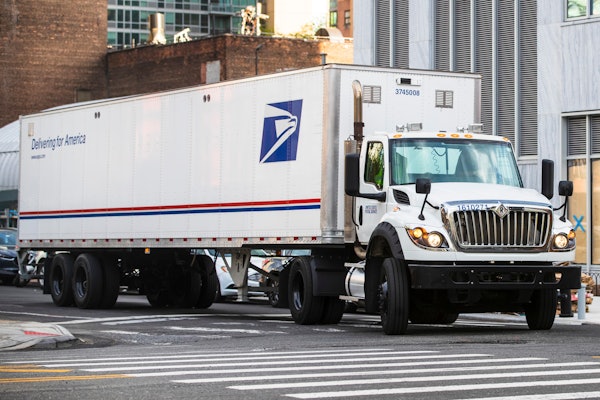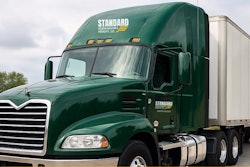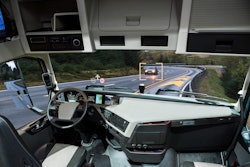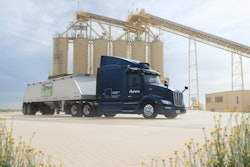Owner-Operator Independent Drivers Association and the Owner-Operator’s Business Association of Canada filed comments opposing mandated “speed limiters” on trucks operating in Ontario. The Ontario Trucking Association wants the speed limiters to be set to restrict vehicles to a maximum speed of 65 mph (105 km/h). OOIDA and OBAC, which argue that highways are safest when all vehicles are traveling at the same speed, filed comments in response to an open comment deadline set by the Ministry of Transportation of Ontario.
Fatalities are more likely on rural roads than urban roads, and rural fatalities are more likely to involve trucks, according to the National Highway Traffic Safety Administration study “Contrasting Rural and Urban Fatal Crashes: 1994-2003,” an update of a 1996 report. Researchers learned 42 percent more fatal crashes happen on rural roads than urban, despite an average of fewer vehicle miles traveled on country roads. In rural areas, large trucks were involved in 37 percent of fatal crashes, compared to 30 percent in urban areas.
U.S. Attorney’s Office in Los Angeles is investigating whether Wal-Mart used its own trucks to move hazardous materials to disposal sites in violation of federal law. Hazmat – in this case, hairspray, paint, aerosol cans and charcoal – is supposed to be shipped via certified haulers. Wal-Mart spokesperson Sarah Clark says the retailer believes it has done nothing that bypassed any federal or state environmental regulations. Wal-Mart also called the federal definition of hazardous waste – which also includes soaps, lotions, perfumes, aerosols, nail polish and plant food – “very broad.”
Unlike his previous trips during the winter, John Doe’s run through the frigid Northeast had been relatively easy this time. The weather, although cold, had been uneventful, and the GPS navigation program on Doe’s new BlackBerry handset had proven especially helpful in finding a couple of time-saving shortcuts around construction zones. The real challenge, Doe felt, would be finding a suitable parking place for his 18-wheel reefer near his destination in Montpelier, Vt.: the Capitol Steakhouse on Colonial Street, where he was scheduled to deliver some restaurant supplies.
While there was ample room to park and off-load freight on Colonial, which was relatively flat and merely slushy, Doe wanted to get closer and avoid a chilly, longer walk. So he inched his way into the restaurant’s large, steeply inclined, ice-covered lot and parked on a downgrade 10 feet behind a big straight truck whose driver was busily engaged in munching a sub sandwich while updating his logs. Alas, the stage now was set for disaster.
Departing his cab, Doe entered the steakhouse in search of the shift manager, only to be interrupted moments later by the arrival of the straight-truck driver, who loudly proclaimed that Doe’s tractor had slid into, and dented, his brand new rig. Adding to the other driver’s dismay, the impact had caused his half-eaten Dagwood Special to be thrown to the cab floor and ruined!
Since Doe contested the preventable-accident warning letter from his safety director, the National Safety Council’s (NSC) Accident Review Committee was asked to resolve the conflict. Immediately, NSC ruled against Doe, noting that parking on an icy, steep downgrade had been unnecessary and risky.








